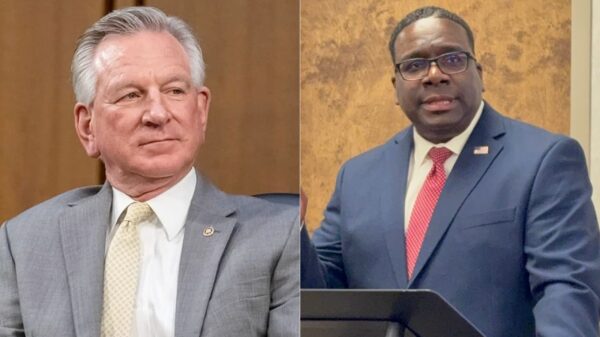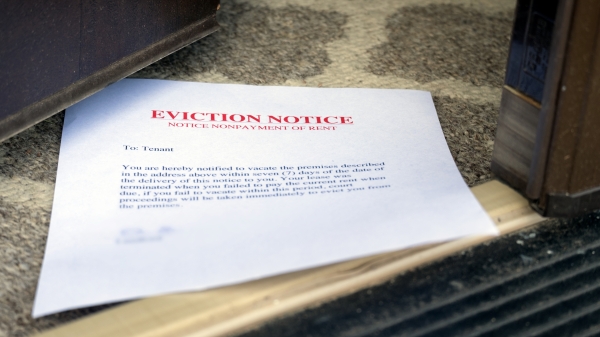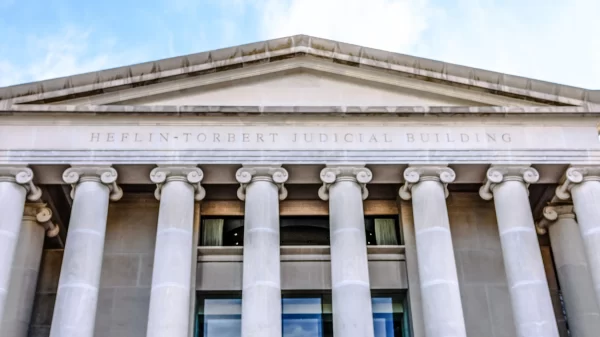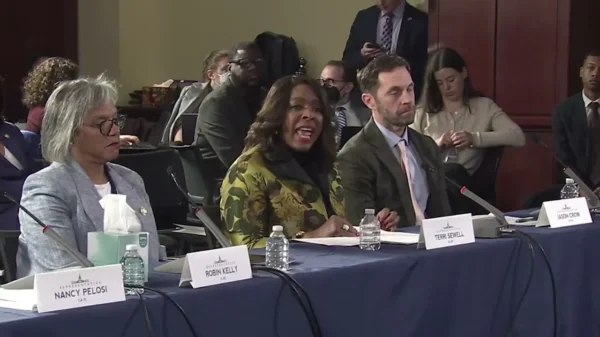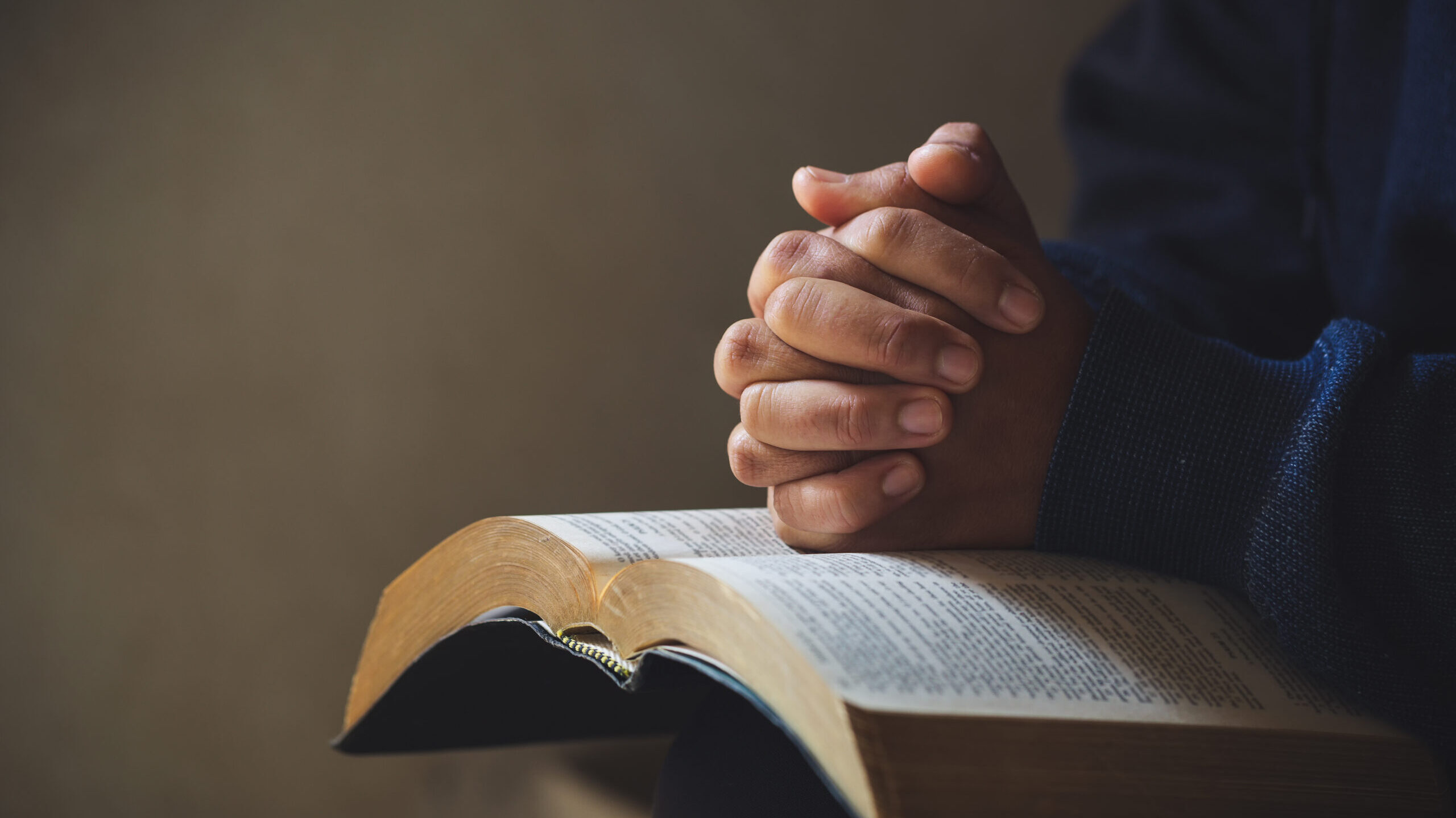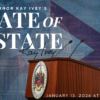Under current Alabama law, local school boards have the authority to decide whether or not students can receive elective credit for attending private religious instruction during the school day. A new bill prefiled for the 2026 legislative session would remove that authority, instead mandating that all local boards of education must grant elective credit for religious classes taken during the school day in released time programs.
Senate Bill 4, prefiled by state Sen. Shay Shelnutt, R-Trussville, “would require each local board of education to implement a policy allowing elective credit to students who are released from the classroom to attend religious instruction during the school day, provided each local board of education may tailor the policy to meet their needs.”
The bill specifically defines “released time” as “a period of time during the school day when a student is allowed to participate in an elective course in religious instruction, conducted off school district property, by a private entity.”
In order to qualify for the released time elective credit, a student’s parent or guardian must give their written consent, the private religious institution must maintain attendance records and make them available to the public school, and the private institution must assume liability for the student who is excused for released time. Additionally, no public funds other than de minimis administrative costs may be expended, and no public school personnel may be involved in providing the religious instruction.
The legislation would also require the State Board of Education to “adopt minimum standards for class attendance necessary to qualify for credit.” It also stipulates that the awarded credit “may not exceed normal credit given for an elective course in the particular school system.”
Additionally, the bill clarifies that no student may be released from a required core curriculum class to attend released time instruction, as it only qualifies for elective credit.
Although Shelnutt’s legislation would remove local school boards’ authority to determine whether a student receives credit for private religious instruction, it would give the boards some autonomy in how they implement the bill’s provisions.
Specifically, the bill dictates that local boards of education would retain the authority to tailor the legislation’s policies “to meet their specific needs; provided the policy reflects the requirements of this section and complies with applicable law, rules, and regulations.” It also stipulates that any local board of education that adopts a policy permitting released time instruction prior to the bill’s effective date of July 1, 2026, would retain the right “to amend or alter those policies; provided the policies are otherwise in compliance with all applicable laws, rules, and regulations.”
SB4 will be considered by the state legislature, beginning in the Senate Committee on Education Policy, during next year’s legislative session.

